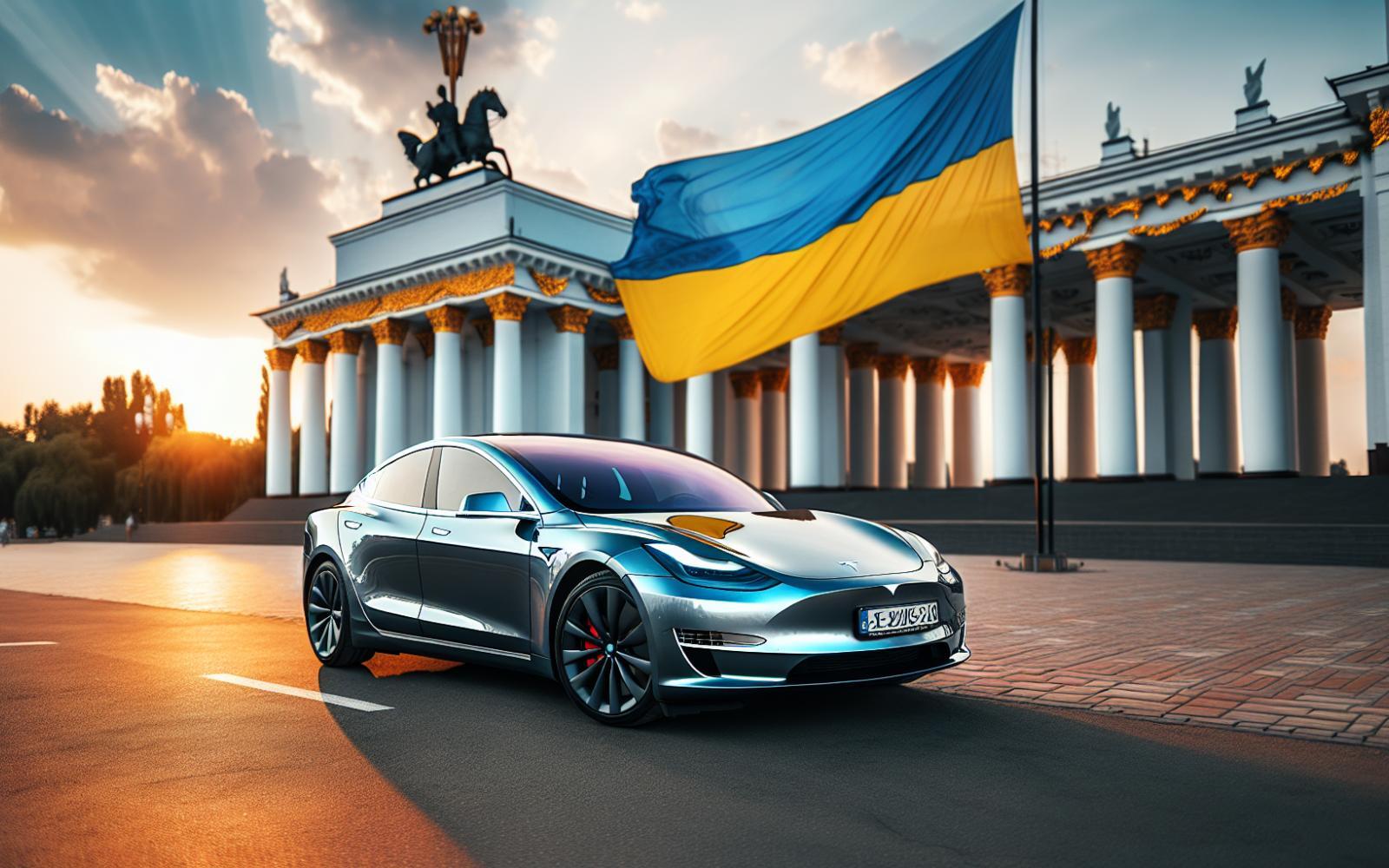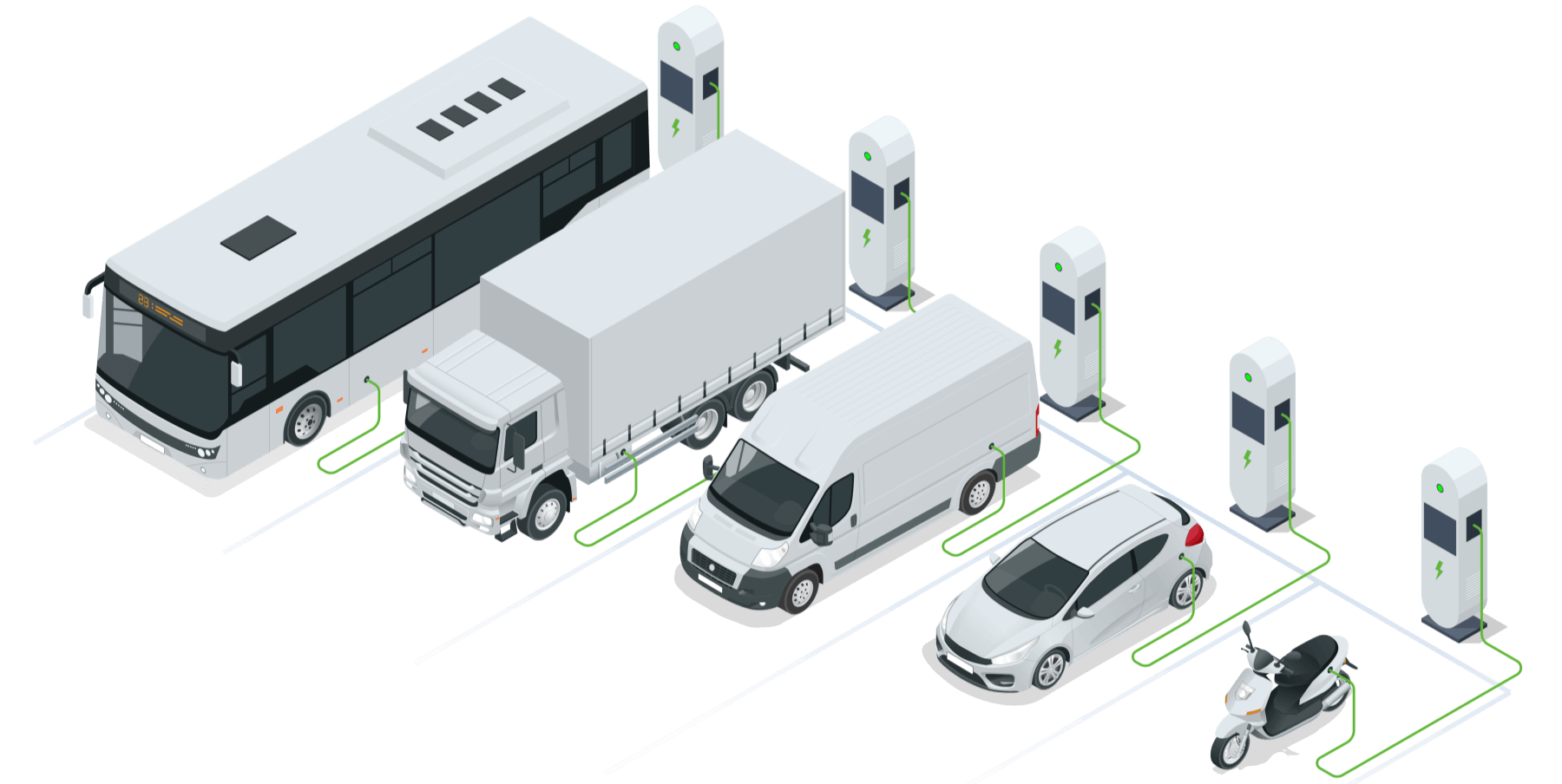EV market in Ukraine is booming – Industry News 2401

Preface
EV market in Ukraine
The import volume of new energy vehicles in Ukraine has increased by more than ten times in just two years, and the number of charging stations in the country has already surpassed that of New York State.

Brief Description
According to industry data released by Ukrainian media, the number of registered electric vehicles in the country increased significantly from 8,541 at the end of 2021 to 46,830 by January 2023. Furthermore, as of November last year, a total of 83,116 new energy vehicles have been registered.
Additional Information
Tesla is popular in Ukraine
The electric vehicle market in Ukraine heavily relies on imports, with Tesla dominating almost entirely. According to statistics from the Ukrainian Automobile Association, only 454 Teslas were imported throughout 2021. However, it is expected that this number will increase tenfold in 2023, surpassing 4,600 vehicles. Due to pricing considerations, Ukraine primarily imports used Tesla cars sourced from repair shops in countries like the United States and Canada. This information is also supported by data from US customs. In 2023, Ukraine became the third-largest destination for US second-hand car exports after Nigeria and the United Arab Emirates.
Ivan Marakhovsky, a local automotive industry expert, mentioned that resourceful Ukrainian entrepreneurs have turned repairing Teslas into a profitable business venture and are making significant profits themselves. He specifically mentioned knowing one car repair shop owner who repairs over 100 Tesla vehicles every month.
Used EV market
Circular Energy Storage Company is a company that tracks the global destination of electric vehicle batteries. Hans Merlyn, the chairman of the company, initially thought that the project of importing used cars from Ukraine would be forced to halt due to the conflict. “Initially, it was indeed like this, and the number of imported cars from Ukraine gradually decreased to zero. However, after five or six months, there was suddenly an upsurge in the importation of used cars and it became unstoppable.”
After the outbreak of conflict, the Ukrainian government abolished most taxes and import tariffs on consumer goods, which played a crucial role in fueling the boom in the second-hand car market. Additionally, loose credit policies also stimulated demand for car purchases. Anton Tiyutyen, acting CEO at Ochad Bank (a state-owned bank in Ukraine), confirmed that there has been a rapid increase in people applying for car loans over recent years and emphasized its growing importance as a business segment.
Fuel shortage
After the outbreak of the Russia-Ukraine conflict, Ukraine’s refineries and oil storage facilities have frequently become targets of attacks, resulting in a severe fuel shortage.
In the early stages of the conflict, there was a significant population exodus from Kiev; however, as the frontlines stabilized, many citizens returned to Kiev from western regions. This has put pressure on transportation, especially with many people having to commute by car. Since April 2022, frequent news headlines about shortages of civilian fuel and long queues at gas stations have emerged. To address this issue, many gas stations in Kiev have implemented “rationing” measures that limit each person to a maximum of 10 liters of gasoline per day. Faced with soaring oil prices and increasing traffic congestion caused by queueing vehicles, residents are forced to choose between walking or driving when commuting across the left bank of the Dnieper River.
The Ukrainian Ministry of Agriculture Policy and Food has repeatedly warned that fuel scarcity will severely restrict agricultural production and may jeopardize Ukraine’s agricultural exports and global food system security. Officials in Kiev also urge citizens to voluntarily use public transportation and conserve limited resources for military use.
EV charging market
The Ukrainian government is planning to construct new facilities related to energy vehicles in response to the trend of transitioning to renewable energy and the impact of conflicts.
In September 2022, the cabinet approved a plan to establish a nationwide network of electric vehicle charging stations. According to the plan, a comprehensive system of electric vehicle charging stations will be established in major regional centers and along highways within two years. The implementation of “restricted sales” measures has yielded positive results. Based on Nissan’s statistics, there are already 11,000 operational public fast-charging stations for electric vehicles, surpassing the number in New York State and more than doubling that in Poland. Companies like Tesla are also building numerous public charging stations in the region with the aim of fostering future market demand.
Additionally, the Ukrainian government provides real-time updates on charging station information for hybrid and pure electric drivers.


0 Comments